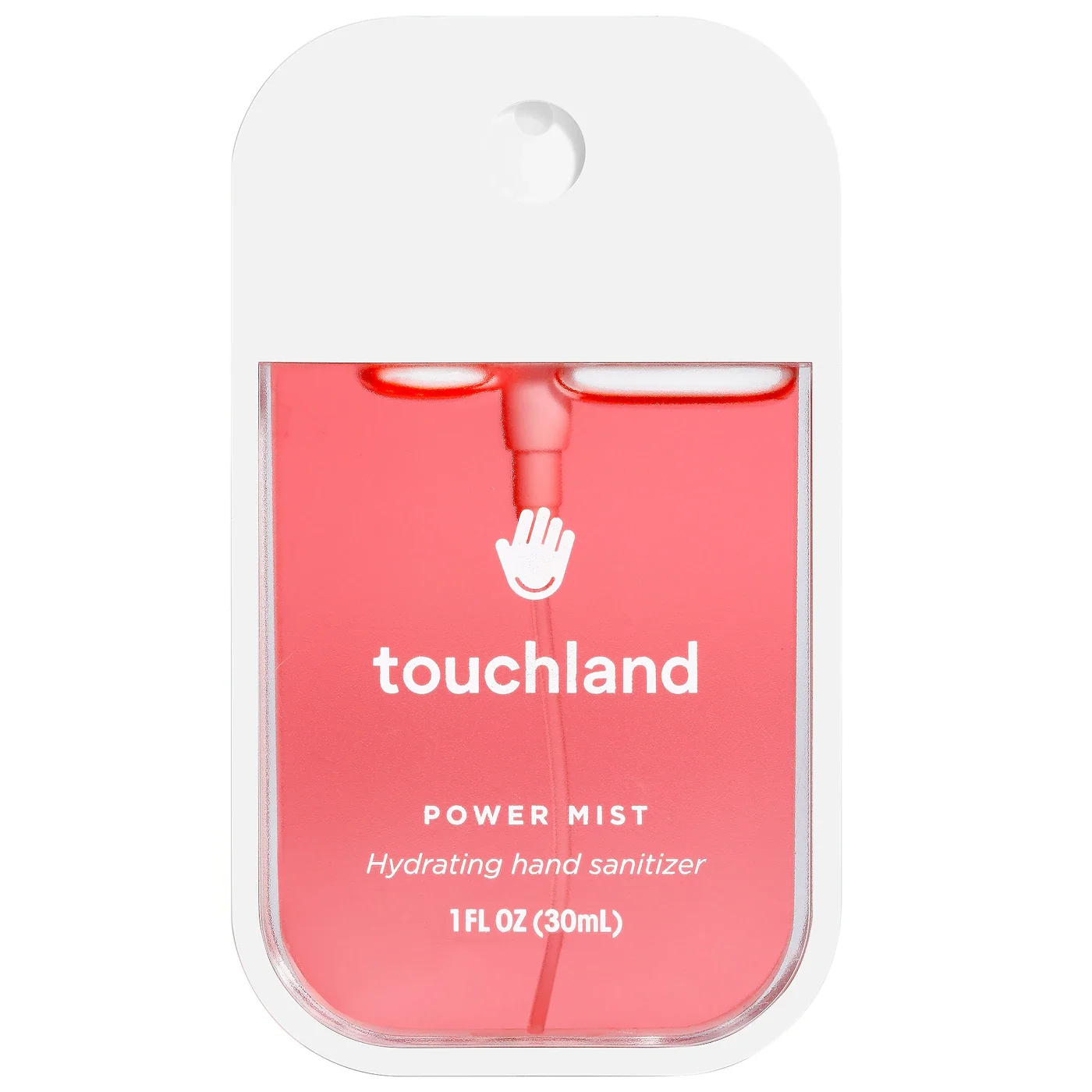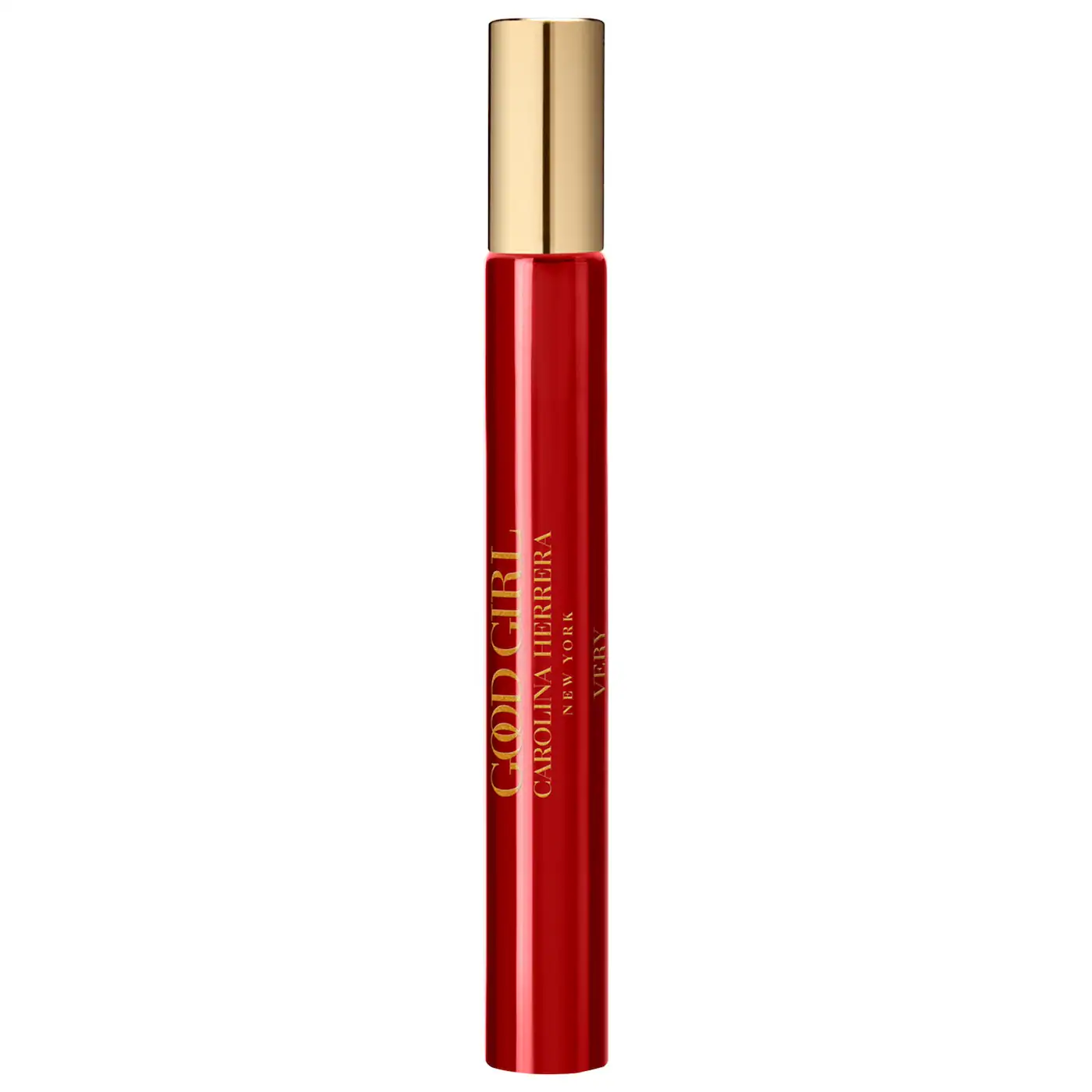
Workplace burnout has been normalized for far too long—it is worn like a badge of honor, a symbol of dedication, and a sign of resilience.
The late nights, the endless to-do lists, the pressure to overachieve—many of us have been conditioned to believe that success requires sacrifice, especially as Black women navigate professional spaces where we’re expected to be twice as good to get half as much. But the reality is that burnout isn’t a milestone; it’s a warning sign. And it’s time to break the cycle.
Understanding Workplace Burnout
Burnout is beyond just being tired. It’s a chronic physical and emotional depletion, often accompanied by cynicism, a sense of inefficacy, and detachment from work. According to the World Health Organization, burnout is an occupational phenomenon caused by unmanaged workplace stress. It’s a systemic issue, not a personal failure.
For Black women, burnout can be compounded by racialized stress, microaggressions, and the pressure to constantly prove ourselves in professional environments that don’t always recognize our worth.
More than half of Black women (51%) report that stress impacts their health and well-being, with 22% indicating a significant impact. What’s more, women of color, including Black women, are more likely to experience burnout compared to their male counterparts and white female colleagues, according to data from Colorado’s Chamber of Commerce.
The “strong Black woman” trope can make us feel obligated to push through, even when our minds and bodies are signaling the need for rest. If this sounds like you, you’re not alone. Here are some steps to break the cycle of burnout.
Recognize The Signs
Burnout doesn’t happen overnight. It creeps in through small, seemingly insignificant moments: the skipped lunch breaks, the emails answered at all hours, the guilt over using PTO. Some common signs include:
Chronic fatigue and difficulty concentrating
Increased irritability or detachment from work
Insomnia or irregular sleep patterns
Physical symptoms like headaches or stomach issues
Feeling undervalued or unfulfilled despite hard work
If any of these sound familiar, it’s time to reassess how you engage with work and prioritize your well-being.
Breaking The Burnout Cycle
1. Redefine Productivity
Success isn’t about how much you do but how well you do it. Challenge the hustle culture mindset and embrace the idea that rest is productive. Taking breaks enhances creativity, decision-making, and overall effectiveness.
2. Set Boundaries and Stick to Them
Black women often feel pressure to be “everything to everyone” in the workplace. Start saying no when your plate is complete to protect your time and energy. Turn off work notifications after hours. Take your lunch break without guilt.
Use Your PTO—Without Guilt
Paid time off is part of your compensation, not a privilege. Don’t wait until you’re wholly depleted to take a break. Use your PTO to rest, recharge, and enjoy life outside of work.
Seek Support
Find a community with other Black professionals who understand your experiences. Support systems, such as mentorship, therapy, or affinity groups at work can you take on these challenges.
Advocate for Systemic Change
Workplace burnout isn’t just an individual issue; it’s a workplace issue. Advocate for policies supporting mental health, such as flexible work arrangements, mental health days, and diversity and inclusion initiatives prioritizing equity and belonging.
The Power of Rest







Breaking the burnout cycle isn’t just about survival—it’s about thriving. We owe ourselves to reclaim rest as a right, not a reward. Rest is resistance. Rest is revolutionary. And most importantly, rest is necessary.
It’s time to relinquish the burnout badge of honor and embrace a new standard where wellness, joy, and balance are as essential as professional success.








